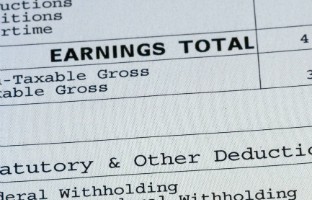Wages to spend

For the first time since 2007, Washington is talking seriously about increasing the federal minimum wage. President Obama favors $10.10 an hour, and the Congressional Budget Office recently crunched the numbers. The results gave ammunition to the ayes and nays alike: such an increase would likely raise wages for 16.5 million Americans, but at the expense of 500,000 jobs.
Half a million lost jobs is no small thing. But change comes with costs, and here the benefits are far greater. Along with the 16.5 million workers that a $10.10 minimum wage would help directly, the CBO estimates that another 8 million would reap a spillover effect on wages. Overall, the change would improve the family incomes of more than 70 percent of low-wage workers and nudge 900,000 Americans above the poverty line. There’s little question that increasing the minimum wage would benefit low-income Americans.
Would this come at the direct expense of the well off? Yes and no. A minimum wage hike could affect consumer prices and higher-wage earnings; as a direct intervention against wage inequality, it will be felt by people on either side of the inequality coin. But it won’t hurt much. The CBO found that families earning $180,000 would see their incomes fall by less than half a percent. And an independent study found that if Walmart paid all employees at least $12 an hour and passed the entire cost on to consumers, prices would go up only 1 percent.





